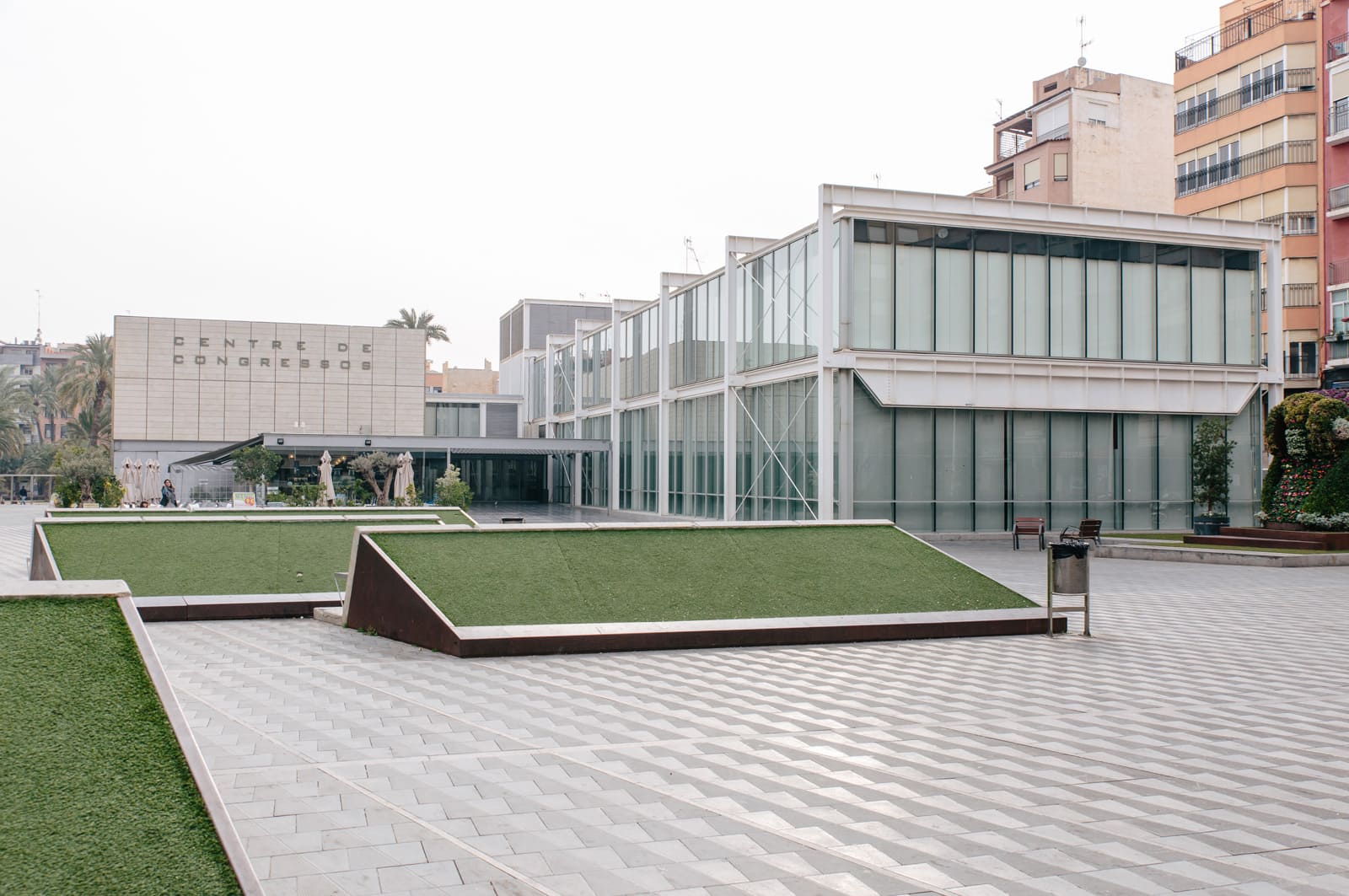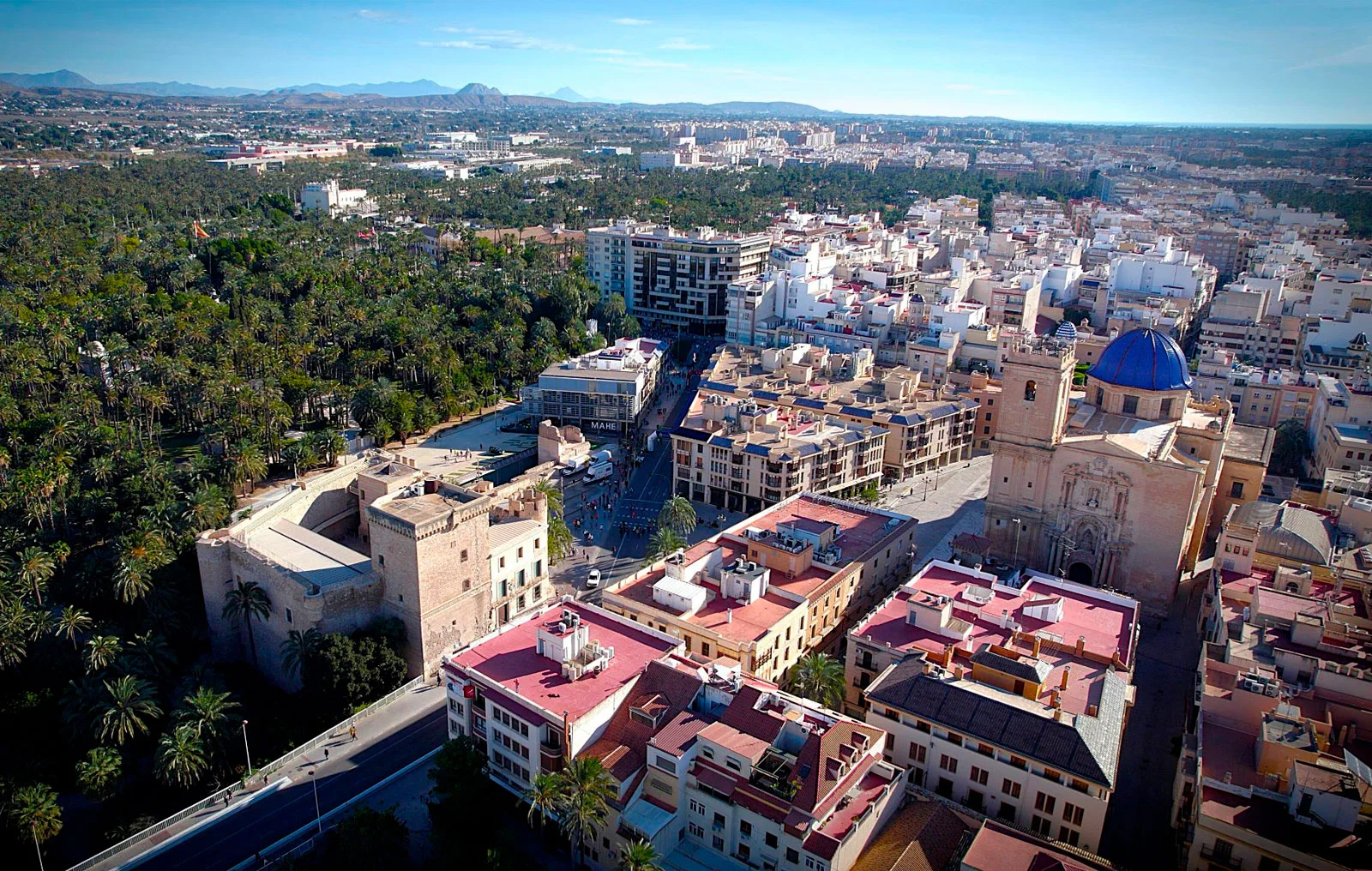
The International Congress on Neurodegenerative Diseases (ICND) 2025 will take place in Elche (Alicante, Spain) from September 15 to 17, as part of the initiatives to commemorate World Alzheimer's Day, under the Honorary Presidency of Her Majesty Queen Sofía.
El Congreso Internacional sobre Enfermedades Neurodegenerativas (ICND) 2025 se celebrará en Elche (Alicante, España) del 15 al 17 de septiembre, como parte de las actividades conmemorativas del Día Mundial del Alzheimer, bajo la Presidencia de Honor de Su Majestad la Reina Doña Sofía.
Since its inception in 2013, the Congress has been organized by the Reina Sofía Foundation and the CIEN (Center for Research in Neurological Diseases). The 2025 edition also enjoys the collaboration of the Spanish Society of Neurology (SEN).
Desde su primera edición en 2013, el Congreso está organizado por la Fundación Reina Sofía y la Fundación CIEN (Centro de Investigación de Enfermedades Neurológicas). La edición de 2025 cuenta además con la colaboración de la Sociedad Española de Neurología (SEN).
ICND 2025 will bring together leading national and international experts to share the latest research findings on Alzheimer’s disease and other neurodegenerative disorders, foster scientific exchange, and highlight the growing social and healthcare impact of these diseases.
El ICND 2025 reunirá a destacados expertos nacionales e internacionales para compartir los últimos avances en la investigación del Alzhéimer y otras enfermedades neurodegenerativas, fomentar el intercambio científico, y visibilizar el creciente impacto sociosanitario de estas patologías.
The scientific program includes eight high-level thematic sessions featuring more than thirty international speakers, including Bart de Strooper (VIB-KU Leuven and UK-Dementia Research Institute), Álvaro Pascual-Leone (Harvard Medical School), Simon Mead (MRC Prion Unit at UCL), Jorge Sepulcre (Yale School of Medicine), and Raquel Sánchez-Valle (Hospital Clínic de Barcelona).
El programa científico incluye ocho sesiones temáticas de alto nivel, con la participación de más de treinta ponentes internacionales, entre los que destacan Bart de Strooper (VIB-KU Leuven y UK-Dementia Research Institute), Álvaro Pascual-Leone (Harvard Medical School), Simon Mead (MRC Prion Unit at UCL), Jorge Sepulcre (Yale School of Medicine) y Raquel Sánchez-Valle (Hospital Clínic de Barcelona).
In addition to the scientific sessions, the Congress will feature the Socio-Healthcare Meeting, to be held on the afternoons of September 17 and 18, as a space for dialogue between researchers, healthcare professionals, patient and family associations, and policymakers. This program will include discussions on early diagnosis in neurodegenerative diseases, the role of patient organizations, and the social and healthcare resources needed to support those affected. It will give visibility to the experiences of people living with these diseases and foster collaboration between the scientific and care communities.
Además de las sesiones científicas, el Congreso incluirá el Encuentro Sociosanitario, que se desarrollará las tardes del 17 y 18 de septiembre, un espacio de diálogo entre investigadores, profesionales sanitarios, asociaciones de pacientes y familiares, y representantes institucionales. Este encuentro abordará temas clave como el diagnóstico precoz en enfermedades neurodegenerativas, el papel de las asociaciones de pacientes y los recursos de apoyo social y asistencial. Será también una oportunidad para dar voz a quienes conviven con estas enfermedades y promover una colaboración más estrecha entre el ámbito científico y el ecosistema de cuidados.
Whether you're a clinician, researcher, policymaker, caregiver, or advocate, ICND 2025 is a must-attend event for everyone committed to advancing the fight against neurodegenerative diseases.
Tanto si eres investigador, profesional sanitario, responsable de políticas públicas, cuidador o representante social, el ICND 2025 es una cita imprescindible para quienes trabajan en la lucha contra las enfermedades neurodegenerativas.
See you in Elche!
#ICND2025
¡Nos vemos en Elche!
#ICND2025
Moderator: Mercè Boada Rovira . Ace Alzheimer Center Barcelona/CIBERNED - Spain
Marc Suárez-Calvet . Barcelonaβeta Brain Research Center (BBRC), Pasqual Maragall Foundation — Barcelona, Spain
Title: Tau: Biomarkers, Trials, and Beyond.
Alberto Lleó . Unitat de Memòria Hospital Sant Pau / CIBERNED — Barcelona, Spain
Title: Role of synaptic tau in Alzheimer's disease
Simon Mead . National Hospital for Neurology and Neurosurgery — UCLH, UK
Title: Iatrogenic Alzheimer's disease - expanding the prionconcept
Amira Latif-Hernandez . Stanford University School of Medicine — San Francisco, USA
Title: A Molecular Switch for Synaptic Resilience in Tauopathies.
Discussion panel
Introduction by: Javier Sáez Valero Universidad Miguel Hernández de Elche, Alicante, Spain
Francisco Juan Martínez Mojica Universidad de Alicante, Spain
Title: CRISPR’s Journey: Tracing the Roots of a Revolutionary Genetic Toolbox
Moderator: Alberto Rábano
Alberto Rábano , Centro Alzheimer Fundación Reina Sofía – BT-CIEN – CIBERNED — Madrid, Spain
Title: Copathology patterns in neurodegenerative diseases: from neuropathology to pathogenesis.
Michel Grothe , Centro Alzheimer Fundación Reina Sofía – CIBERNED — Madrid, Spain
Title: Limbic age-related TDP-43 encephalopathy (LATE)
José Ramón Naranjo, Centro Nacional de Biotecnología CNB-CSIC / CIBERNED — Madrid, Spain
Title: The DREAM/ATF6 interaction mediates disease progression in FTL-D mouse models
Discussion panel
Submission Process: Abstracts must be submitted exclusively through the Congress registration page, for which it is essential to be registered and to log in for submitting the poster.
It must include, at a minimum, the poster details registered on the platform, including: Title, Contact email, Auhors, Primary author, Affiliations, Presenter and Abstract.
Submission of abstracts implies acceptance of all presentation guidelines.

Centro de Congresos‘Ciutat d’Elx’
Carrer del Filet de Fora, 1. Elche, Spain.

Gran teatro de Elche.
Calle Kursaal 3. Elche Spain.
For information on available hotels in Elche, please visit the official tourism website: https://www.visitelche.com/.
Please note that the conference organization is not affiliated with or responsible for any of the listed hotels.
This section provides directions from the airport and train station to the ICND2025 venues: El Gran Teatro and the Centro de Congresos.


Both El Gran Teatro and the Centro de Congresos are centrally located and easily accessible.

